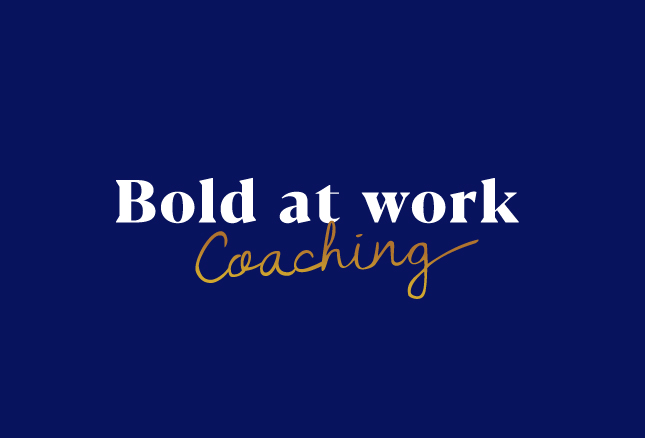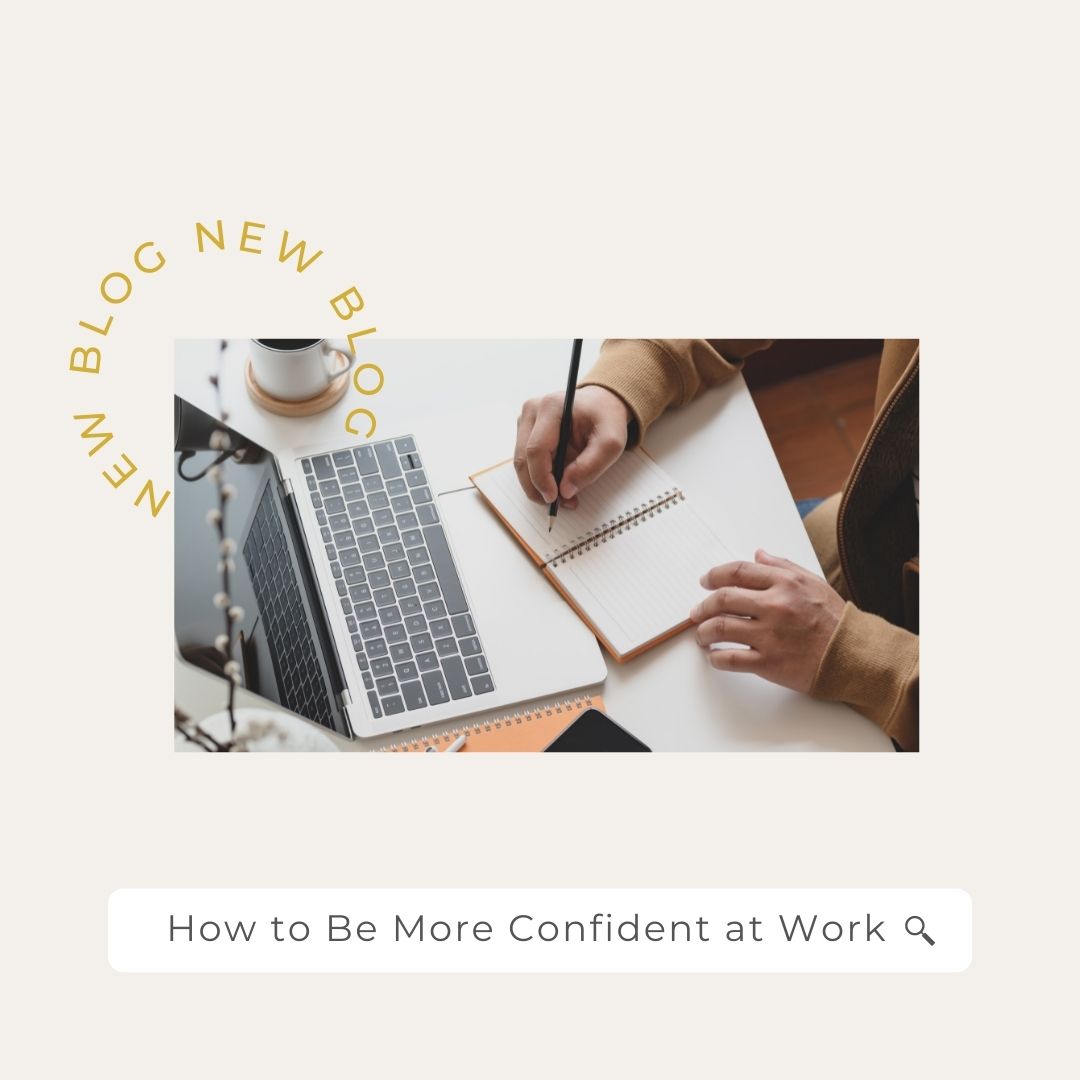Previously we have discussed why “faking it till you make it” is just a temporary solution when it comes to dealing with impostor syndrome (you can find that blog post **HERE**)
In this blog post, we will focus on how you can overcome impostor syndrome in a more practical and sustainable way, always having in mind the long-term and not just the short-term fix.
I share with you five tips to overcome your impostor syndrome that have helped me and still are helping me massively.
Ready to dive deeper? Let’s do this!
What are some of the first steps you can take to overcome impostor syndrome?
1. Stop putting others up on a pedestal
If you notice that someone is better than you at a particular task or skill, understand and accept that we are all human and we all learn through trial and error. The person you have put up on a pedestal has probably developed the mentioned skill through time and practice and so can you.
They don’t have superhuman abilities that you can’t match, that doesn’t mean that you have to put them down or deny their merit, but it means that you accept that they are equal to you, not above or below.
Also on a side note, be aware of people showing overconfident behavior or even being arrogant about their skills at work. Studies have shown that quite often due to our inability to discern between confidence and competence, we misinterpret confident behavior as a sign of competence.
According to the Dunning-Kruger effect, the less a person knows about a skill or a topic, the more that person ignores what they don’t know about it, so they tend to overestimate their knowledge.
And this can have negative consequences… It is common in organizations, that people who show this overconfident behavior are often promoted to management positions despite not necessarily having the actual competence and later fail in their new position.
2. Don’t compare yourself to others
To complete the previous point, please understand that comparison doesn’t serve any purpose because it can never be fully objective. It’s literally impossible to do a fair comparison between two people since we are all so different. We are all unique and have different talents, passions, upbringing, environment, resources, culture, beliefs, etc you name it.
Also, consider that how you see someone in the office or in social media is only the tip of the iceberg. We don’t have any idea of what’s going on behind the scenes in their personal life or how they truly feel.
The only comparison that makes sense, is to compare yourself with your previous self, just to see how much you have learned and evolved.
So how do you compare yourself with your past you? Take a notebook and journal about your achievements, victories (big and small ones), and obstacles that you have overcome in the last years. Notice how you have grown as a person and as a professional.
Work on your mindset and perspective in order to overcome impostor syndrome
3. Change your perspective
Now, I want you to take a second and really accept that there are so many people out there that are struggling with the same thing. Every single professional – even famous people – have experienced self-doubt at some point in their career. So don’t even feel bad about it, it’s the most normal thing ever, especially in the early stages of your career.
So, what I want you to do now is to realize that there is no “you vs. the world”. Having a more collaborative approach rather than a competitive one will make the situation itself more light and enjoyable, after all, we are all on a similar journey.
Coming from a competitive approach, you will likely feel extra pressure, feel that people are judging you and that you have to prove to everyone that you are competent. In other words, this approach creates unnecessary stress and anxiety that could be completely avoided.
4. Embrace the fear of failure
Similarly to changing your perspective, you also have to work on changing your relationship with failure.
Failure is never a definitive end result unless you let it become one. If you think about it, when you are trying new things or learning new skills, as we mentioned the only way is through trial and error.
So when “error” or “failing” actually happens, it’s just feedback of what doesn’t work, so you can try it again doing something different based on the feedback you just received. It is only “failure” if you decide to never try again and to stay the same.
Imagine a toddler learning how to stand up… He has to fall many times before being able to stand up without falling, the fall itself is feedback.
The toddler learns through these “errors” how to properly position his body until eventually being able to stand up. You never see the toddler deciding to never try to stand up again for the rest of his life because he failed too many times.
Realize that failure is not only inevitable but a necessary part of the process of learning.
5. Identify and question the limiting beliefs you have
If we manage to identify and question the limiting beliefs that are fueling this assumption, they will have less power over us, and won’t make it as difficult and exhausting when we have to take action in a situation out of our comfort zone.
If we let go of these assumptions of unworthiness we will naturally feel more comfortable to act authentically and confidently and also to accept and embrace ourselves in “all of our messy glory”.
Say goodbye to “fake it till you make it” and to living according to other people’s expectations. Say hello to your new BFFs self-compassion, self-acceptance, and self-prioritization.
This is why inner work is so key. Especially when it comes to confidence, we often hear that confidence is something you just have or have not.
But similar to any other skill, you can develop it if you put in the work, both internally (mindset, limiting beliefs) and externally (skills, body language, etc.). Without the internal aspect, you will just be scratching the surface and develop at most “situational confidence” but not core confidence. Confidence is not something you have, it’s something you create.
Let me know what you think in the comments down below,
Do you resonate with this?
Have you ever used one of these tips?



For someone who is experiencing this now, this blog was really helpful. Thank you for this and I can’t wait to try these tips!
such an insightful post, really enjoyed the read!
It’s difficult to not compare my self to colleagues. I also feel that sometimes because my colleagues are insecure they can be negative about my work to make themselves feel better about themselves. This has made me feel insecure and lose my confidence. I am starting to challenge my thoughts and recognise my strengths.
These are good! I’m struggling to pick my favorite, but I think I’m going to go with embracing failure. Failure is when you learn! It’s where you grow and become better. And the more your failures lead to growth, the less you will feel the need to compare yourself to others.
Comparing yourself really does no good. Its okay to admire someone but not to compare. These are great tips.
I love these ideas! Especially the idea that the only comparison that we legitimately can make is to compare ourselves to our past self. Thanks for the insight!
Love this post! Faking it until you make it can only take you so far. You need to work on the underlying conditioning/beliefs especially around self-worth. I also struggled with this for a long time and eventually realised that I was worthy of making a change so I could thrive at work rather than just survive!